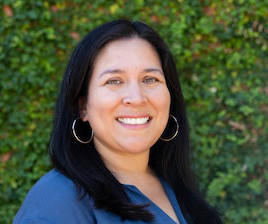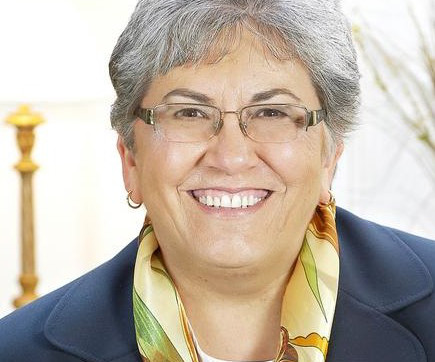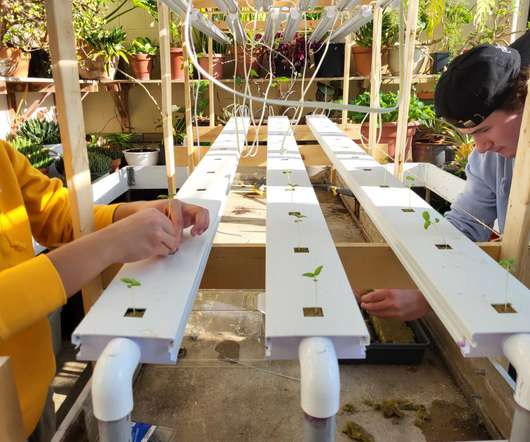Black Enrollees at HBCUs More Likely to Obtain Bachelor’s Degrees
Insight Into Diversity
NOVEMBER 30, 2023
million Black students who took the SAT between 2004 and 2010. This trend in part is due to the increased likelihood of HBCU students pursuing high-earning majors, such as those in the STEM (science, technology, engineering, and math) fields.


















Let's personalize your content